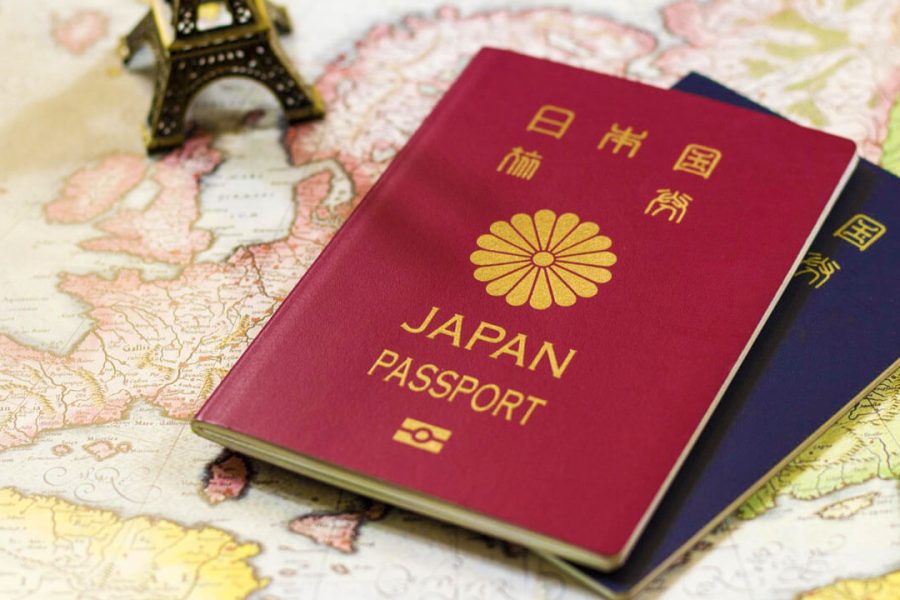Everyone makes spelling mistakes from time to time, from elementary school students to wise professors. And while few will notice a couple of "ashibaks" and "ochipatok" in a large text, regular violation of the rules of the Russian language already suggests that the person did not do well in school.
We present you the top 20 most common spelling mistakes in the Russian language.
Put on clothes
How to: Put on clothes
You've probably heard the easy-to-remember (mnemonic) rule about "dressing" and "putting on". They dress Hope, and put on clothes.
It's funny that in the film "The Irony of Fate, or Enjoy Your Bath!" the main character Nadezhda, a teacher of Russian language and literature, says: "My dress, I forgot to put on my holiday dress."
Company and campaign
Correct: depends on the context
One of the most common spelling mistakes in Russian is related to homophones - words that sound the same but are spelled differently. And have different meanings.
- When we talk about a company, we mean a group of people. Or a commercial or industrial enterprise.
- But when it comes to a campaign, this word means any military event carried out by the state during a war. Or a set of events aimed at solving an important economic, political or social task (for example, a presidential election campaign).
The groom
How to spell it correctly: suitor
When you see the word "groomer" in a text, you associate it with a worm that crawls into an ear and slowly gnaws holes in it. Or with a sadist who eats the ears of his victims.
But the word “suitor” has a beautiful test word – “to court.”
From this and from that
Correct: depends on the context
If you use “ottok” to mean a reason (because, for a reason), then the word must be written as one word.
If after "from that" comes the word being defined, then the word must be written separately. Example: I ran from that snake, from the fact that I mistook it for a viper.
During and in conclusion
Correct: depends on the context
As one character in a joke said: "Children, it's impossible to understand! Just remember!" In fact, it is possible to understand, it's just that the explanation will be boring and you will probably get tired of reading it.
So just remember: we write "in the current" when we are talking about the direction of water movement. And "in prison" - when we are talking about a prisoner, that is, a person who is in prison.
In all other cases, the letter "e" must be written at the ends of these words.
Nice looking
How to spell it correctly: nice
If you don't notice that Microsoft Word and other word processors underline this word with the "o" in the middle as misspelled, you might remember that there is a test word. Sympathy.
Unit
What is correct: unit
I admit, this mistake haunted me until the 3rd grade at school. But many people make it in adulthood. And all you need to remember is that the word "unit" has test words - "ediny", "ediny".
Same and same
Correct: depends on the context
If you are unsure how to write the word "also" correctly - together or separately - then mentally replace it with the conjunction "and". If it works, then the word should be written together. And if after the word "also" there is the conjunction "kak", then it is written separately. Exactly as in this sentence.
T'sya and 'tsya in verbs
What is correct: depends on what question the verb answers
Admit it, have you made this mistake at least once? If so, don't worry - you're not alone! In RuNet, both young and old confuse "ться" and "ться".
There is no need to confuse them. It is enough to mentally answer the question, what question does the verb answer?
- If the question is "what does" or "what will do", then the word is written without a soft sign. For example: he admires you.
- And if to the question "what to do" or "what to do" - then with a soft one. For example: he wants to admire you.
Sorry
How to say it correctly: excuse me
Well, for the first time we can forgive. But in the future we must remember that we are talking about a fault, and not about a vein in a human body, and not even about the city of Vienna.
Here
Correct way: here
Why some people write the sonorous word "zdes'" as a threateningly voiceless "sdes'" is a mystery to me. Perhaps the spirits of their ancient Slavic ancestors, who wrote this word "s'dese" meaning "this", speak in them.
As if, as if
What is correct: as if
These two words are always written separately. Short and simple, right?
Girl
How is it correct: girl
The suffix "-onk" is used when we want to emphasize the small size of an animate or inanimate object.
Perhaps, words with this suffix sound better with “-enk”, but they are still written with “-onk”.
What, hardly, just a little
What is correct: chto li, ili hardly, ili
We pronounce these words together, which creates the impression that this is how they are written. But according to the rules of the Russian language, this trinity of particles is written separately from the adverb "ли". Always. And they don't even need a hyphen.
Why and for what purpose
Correct: depends on the context
Remember the final dialogue between Agent Smith and Neo in The Matrix Revolutions? It began like this:
- Why, Mr. Anderson, why? In what name? What are you doing? Why, why are you getting up? Why do you keep fighting?
Now, if Agent Smith had asked: "Why are you getting up? Why do you continue to fight?", then perhaps Neo would not have found an answer. After all, the word "why" is written separately in the context of "behind some barrier" (house, wall, etc.).
If we use “why”, meaning “for what”, then this word must be written as one word.
All in all
Correct way: in general
Sometimes the word "in general" acts as an introductory word, and then it means "in essence", "in essence". But more often it is an adverb, and means "in general", "without going into details". And in both cases it is written separately.
Come
How to correctly: to come
This verb is one of the most ancient among all Indo-European languages. And once it sounded like this: "itti". And how it was not written: and priditi, and itti, and even priti. However, in our time, only one spelling is correct - priditi.
To do
How to do it right: do it
Many people are accustomed to pronouncing this word as "здел" (to make). Unfortunately, this is the case when it is written differently than it sounds. In this case, the letter "с" is a prefix. And there is no prefix "з" in Russian morphemes.
Thailand
How is it correct: Thailand
This is one of the most common spelling mistakes in RuNet. We write "Taitsy" and "Thai", but the name of the country is still Thailand. But you must agree that with the letter "й" this word sounds nicer.
By the way, many tour operators and advertising agencies, knowing about the habit of Russians to write Thailand instead of Thailand, use the incorrect spelling on the pages of their websites in order to remain in the first lines of search results.
Ice cream, frozen
Correct way: ice cream
Summer has arrived, which means we've started saying and writing the word ice cream much more often than we did in winter. It's a noun, and it's spelled with one "n."
But if “ice cream” is a passive participle (trout, frozen in the refrigerator, frozen product, defrosted freezer), then the double letter “n” appears.














Оставить Комментарий